Rules for “Downstairs” Servants of Olden Times Seem Totally Crazy Today
These restrictions seem utterly absurd in the modern era.
Once upon a time a large household would have taken many hands to run. Labor-saving devices were few and everything had to be done by hand. In large houses and mansions every clock that was wound, every scrap of silver polished, every rug beaten out, and every meal that was cooked was accomplished by the servants. This meant that a small staff simply wasn’t possiblefor these households. But, there was more to it than that of course.
The larger a home’s staff the more prestigious it was for the lady and master of the house. Status was wrapped up in the running of the daily household activities and this meant that the stiff class structure found in Europe and to a lesser degree in the U.S. was strictly maintained at all times. Servants had a lot of rules which governed when they could speak, where they could walk, and how much time they spent on their daily tasks. These rules seem downright bizarre by today’s standards!
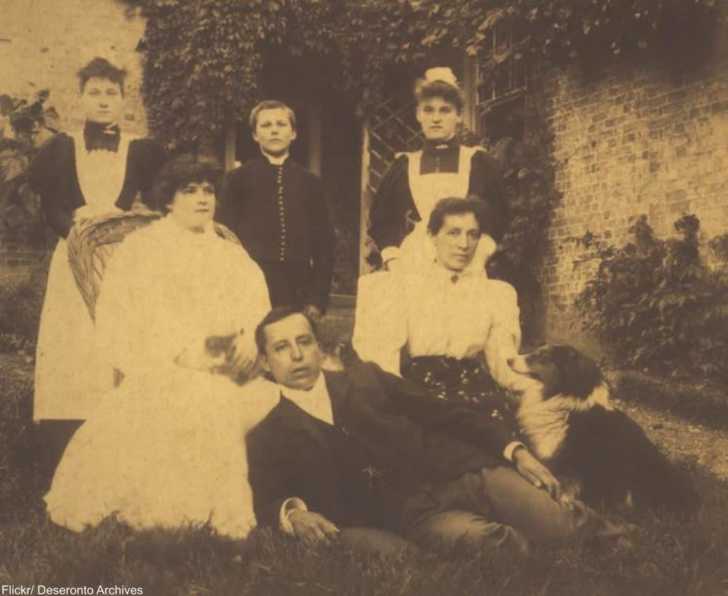
They Were Completely Devoted to the Family
Nothing less than complete devotion was expected from a servant. They were expected to put the needs of the household above their own. It was a rarity when a servant asked for time off to visit friends or attend family events.
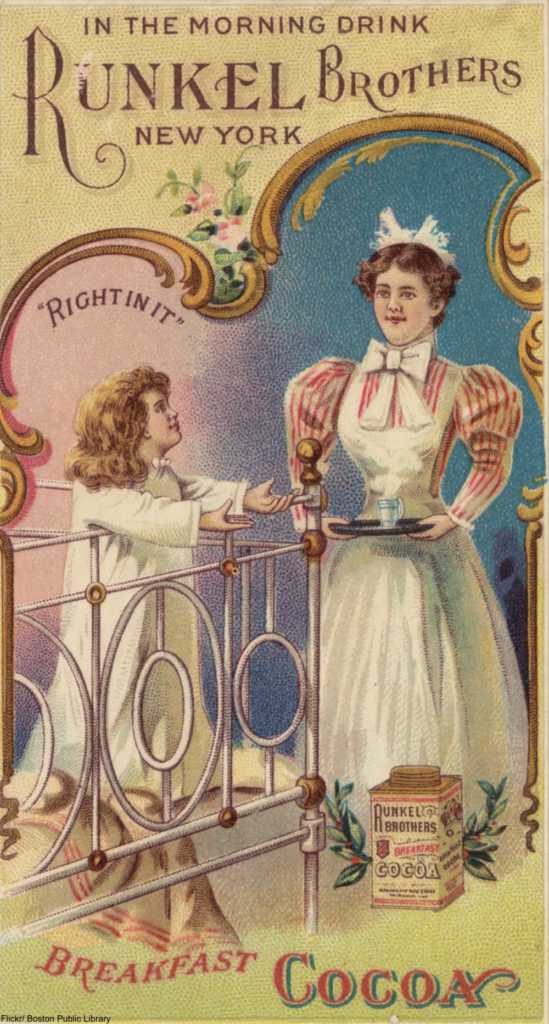
They were also expected to go above and beyond for their masters in any times of worry or crisis, spending nights (when they should have been sleeping) with a worried member of the household family. This is the reason why the wealthy were so scandalized when a servant would up and quit: it showed just how disloyal they were to the family.
Speak When Spoken To
Many of the maids would have been expected to remain silent in the presence of the master unless there was something urgent that came up. Even then, they were expected to use as few words as possible to convey the message. Scullery maids and hall boys, the most junior positions inside the house, were never ever to speak to (or even be seen by) the family.
Senior roles like those of the butler and housekeeper were somewhat exempted from this as they had to discuss complicated matters like the wine stores, the menu, and the linen to be ordered.
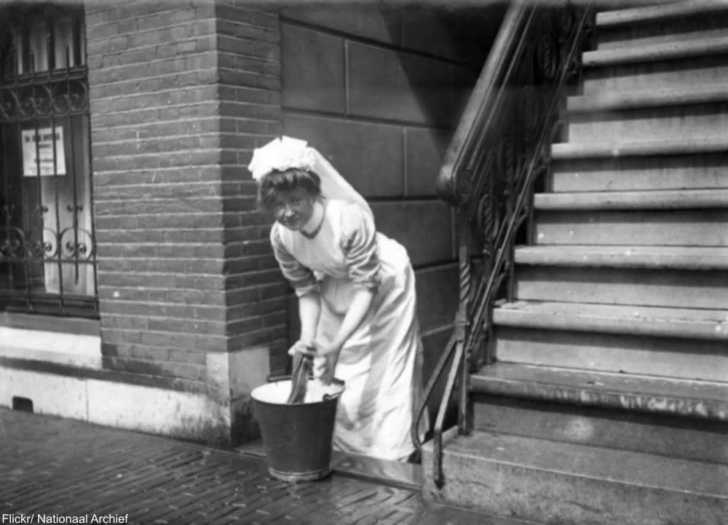
The senior staff may have even been confidantes, but even so, were expected to be brief with their words and opinions. It showed a level of respect for the master and his family.
Always Stand Still
If they did need to speak to the family they were expected to stand still and keep their composure. Relaxing, speaking easily, or fidgeting was considered informal and therefore quite disrespectful to their social superiors.
This was also true when interacting with any guests or relatives of the master. To speak profusely or casually, or to make any kind of unnecessary jokes and gestures was simply not allowed.
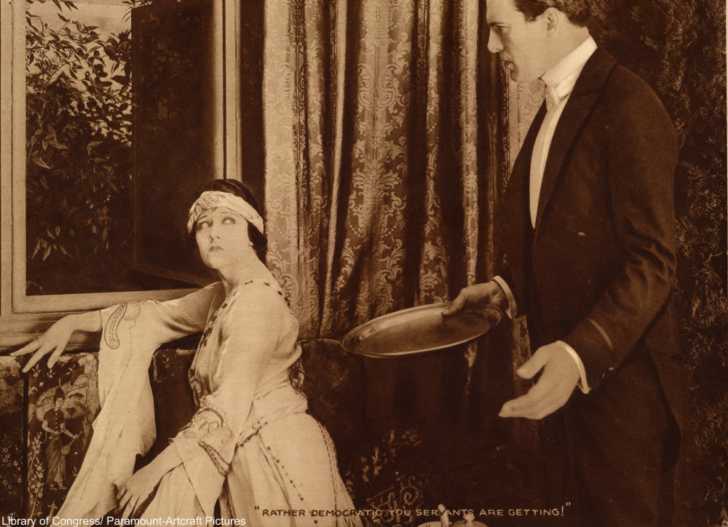
Presumably the family kept their side of the conversation suitably brief as well, although we’ll never know how much chitter chatter may have gone on between a lady and her maid!
Do NOT Talk Amongst Yourselves
Speaking between social equals (another servant or a child) in the presence of the family was not at all encouraged. Again, it showed a relaxed nature which was not deemed appropriate for that type of employment.
This rule also reassured the family that staff were not whispering about them in their presence. It does not, however, mean, that no whispering went on downstairs!
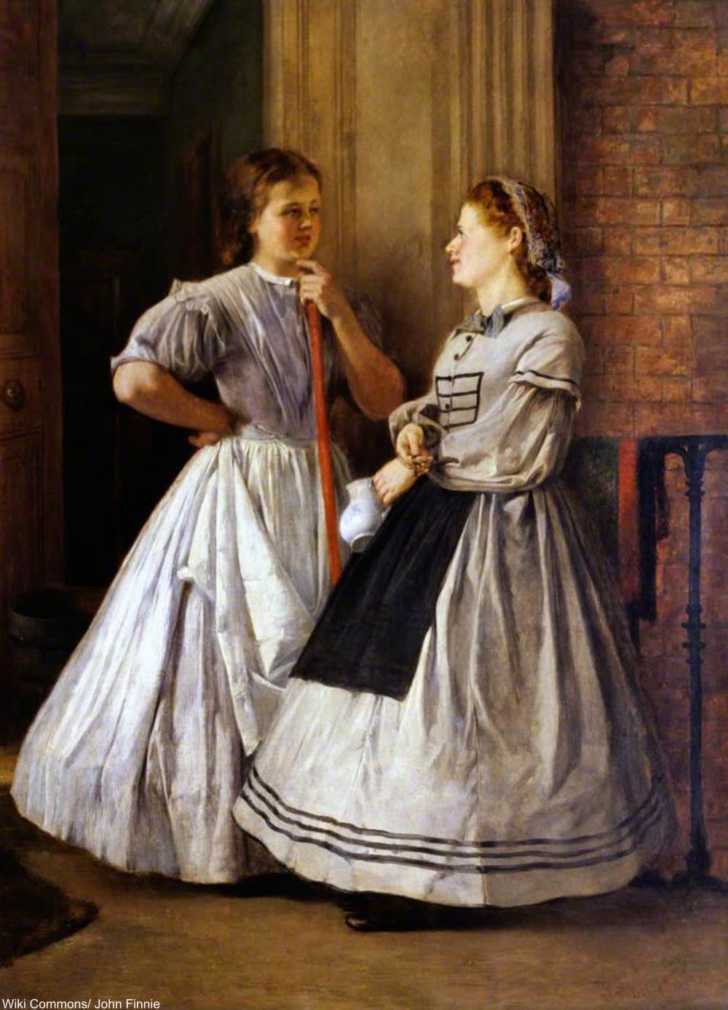
Never Shout or Call
Calling from room to room or shouting to a fellow employee was considered quite wrong when working “in service” as they called it. Servants were to be quiet and composed in all circumstances, to speak low, and to discuss matters of work either downstairs or in private away from house members.

The family was not to be bothered at all with matters of daily household running, not even just to overhear the maids discussing their daily work.
Never Answer the Door
The butler was the only person who was to answer the main door. It showed visitors just exactly the status of the family who lived there.
If the butler was unavailable, the role of answering the door was handed down in order of rank so that a junior staff member like a scullery maid would never be the first person a visitor saw. Neither was it appropriate for a family member to answer the door if it at all could be avoided.
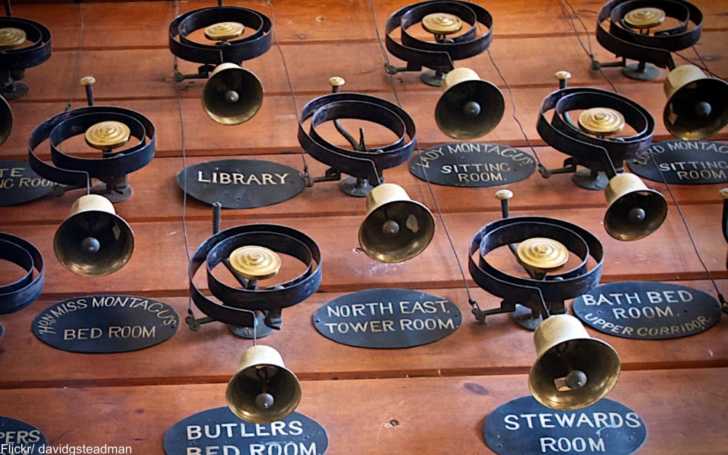
No Gambling or Rough Language
Those in the employ of the house were expected to have a stringent moral character and to do nothing which would ever bring shame or scandal to the house. This included using curse words, getting drunk, or gambling in the servant’s hall (or out of it for that matter).
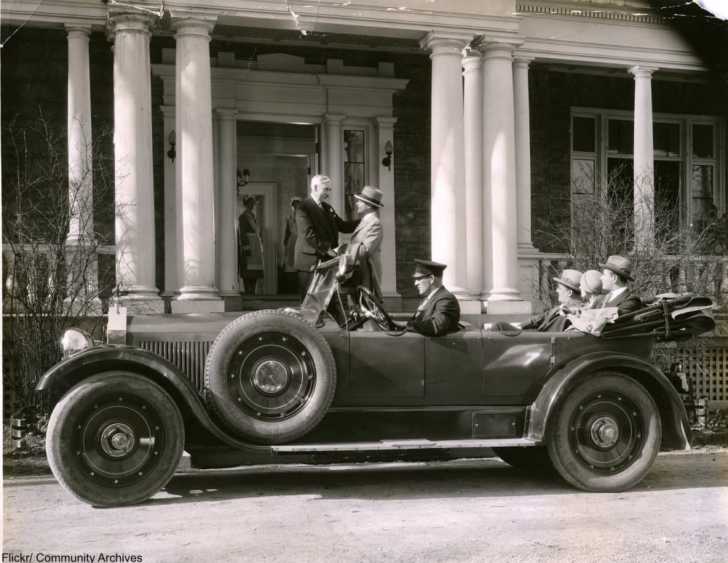
The free time of a servant, what little there was, was not his to squander however he wanted. Rather the employee was seen as an extension of the house, and the reputation of both needed to remain as spotless as possible.
Servants Had Nearly No Time Off
Servants ate meals together, save for the lowest maids and hall boys who would rise earlier and retire later than most of the other staff. Solitary time was seldom had by staff and many had either had no days off each week or a half day per week.
Breaks could be had in the servants hall at various times, but the concept of a structured break time (aside from meals), sick days, and vacation days was still many decades away.
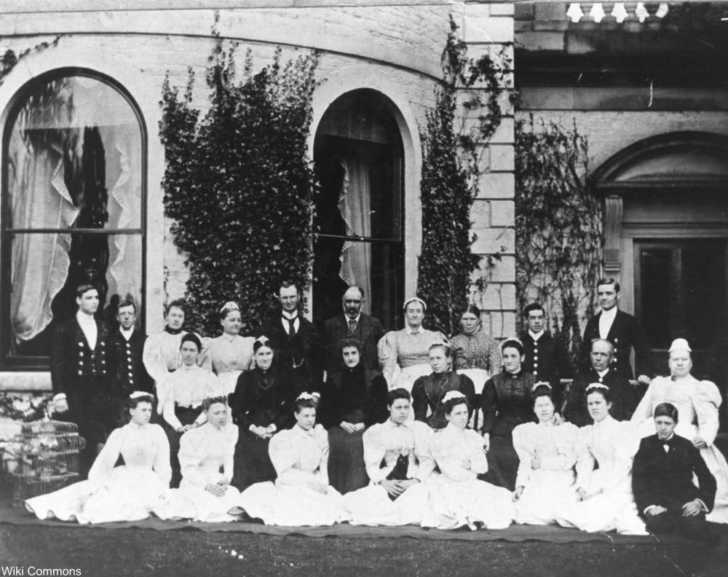
Ladies Had Extra Rules
Female members of staff were not allowed to smoke at all, which is interesting in a time when many people smoked pipes, cigars, and cigarettes quite regularly. But, at the time it was considered a masculine habit.
Likewise, female servants were to be dismissed immediately if they were caught fraternizing with men at all. A date could have cost them their jobs and hardly seemed worth it if they wanted to stay on. The lack of romantic entanglements was very beneficial to the family as it meant that fewer maids would run off to get married or have to leave suddenly if they found themselves “in trouble.”
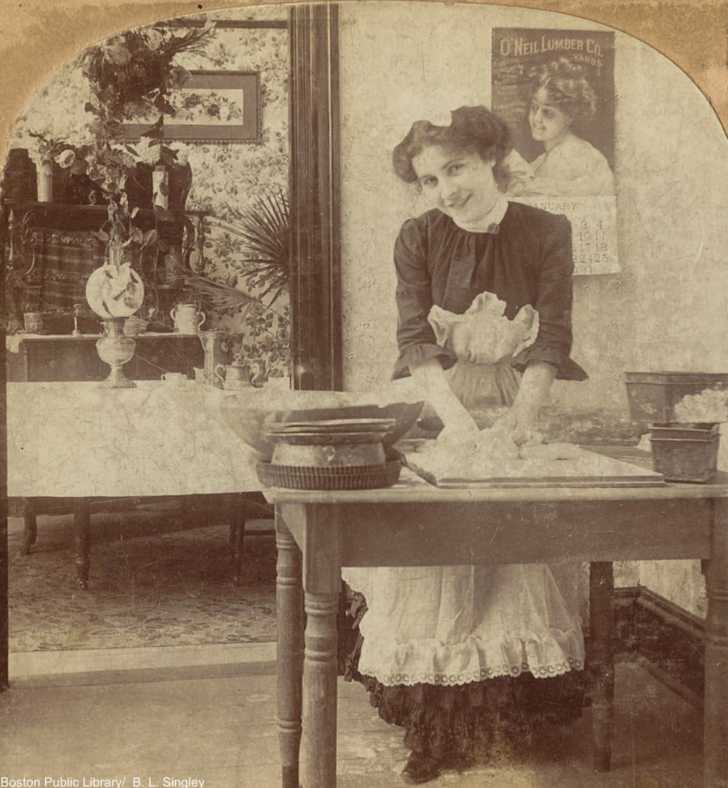
Give Way
Servants were expected, should they meet their employers in the hallways or any room to give way for their betters. The servants, no matter the load they carried, would move aside to make room for the master or his guests to move freely through the space.

This rule not only enforced class structure, but it again went with the idea that a person of high social standing should not have to be bothered with the running of daily tasks. Therefore stepping aside for someone carrying buckets or baskets would have been quite beneath them!
SKM: below-content placeholderWhizzco for DOT

